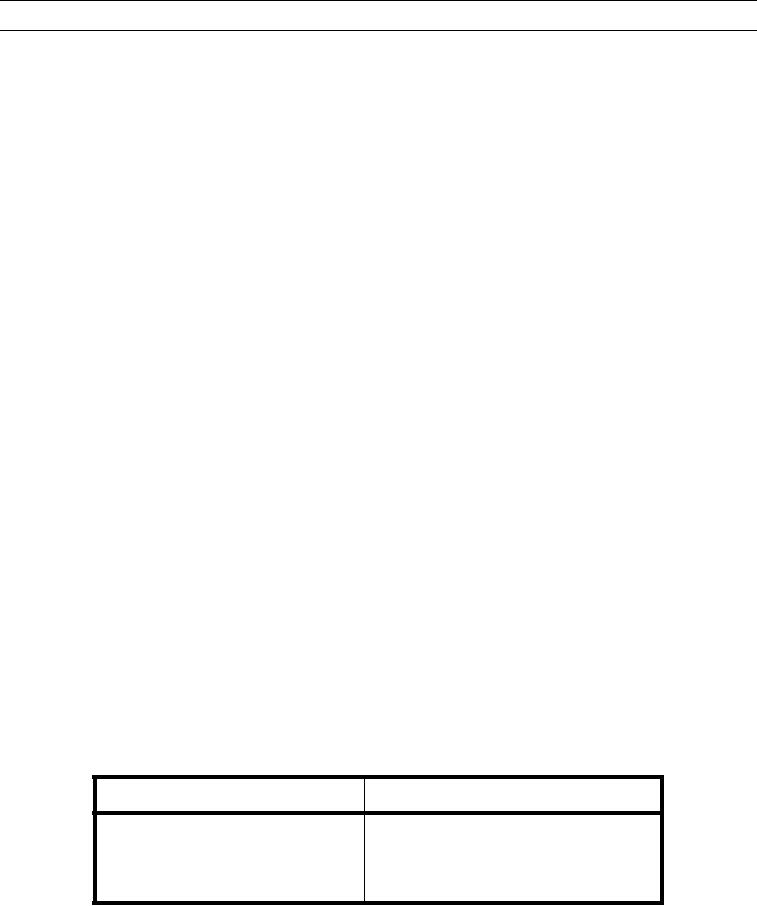
TM 5-3805-291-23-1
HYDRAULIC SYSTEM TESTS, INSPECTIONS, AND ADJUSTMENTS - CONTINUED
0017 00
IMPLEMENT CYCLE TIME CHECK - CONTINUED
Dump - Continued
N OT E
Cycle time for full DUMP should be 2.2 0.5 seconds.
5.
Record amount of time required for work tool to travel from full TILT BACK position to full DUMP position.
6.
Decrease engine rpm to low idle (TM 5-3805-291-10).
7.
Stop engine (TM 5-3805-291-10).
LIFT AND TILT CYLINDER DRIFT CHECK
0017 00
Lift Cylinder Drift Check
WARN I N G
Injury or death to personnel can result from sudden movement of lift or tilt cylinders. Do not stand under
work tool while testing or adjusting lift or tilt cylinders.
N OT E
This test will check drift rate oflift cylinders. The drift rates will change according to conditions
including: hydraulic oil temperature, type of bucket, load in bucket, etc.
Bucket should be empty during tests.
Auxiliary cylinders will drift in CLOSE (LOWER)direction because of orifice in rod end line.
Orifice connects to tank.
1.
Start and run engine at low idle (TM 5-3805-291-10).
2.
Warm hydraulic oil to 120 to 150F (49 to 65C) (TM 5-3805-291-10).
3.
To check lift circuit, raise bucket to maximum height and move control lever to HOLD position (TM 5-3805-291-10).
4.
Stop engine (TM 5-3805-291-10).
N OT E
If amount of cylinder drift is within specification, lift circuit is not causing drift problem.
5.
Record cylinder rod movement. Maximum drift for different temperatures in Table 1 is 0.55 in. (14.0 mm).
Table 1. Lift Cylinder Drift.
Oil Temperature
Time for Drift
100 to 120F (38 to 49C)
5.0 minutes
122 to 149F (50 to 65C)
2.7 minutes
150F (66C) or more
1.7 minutes
If there is too much drift, check anti-drift valve for lift function (perform Relief Valve (Line) Test And Adjustment) in this
6.
work package and check ride control balance spool (perform Ride Control Pressure Equalization Time Adjustment) in
this work package.

